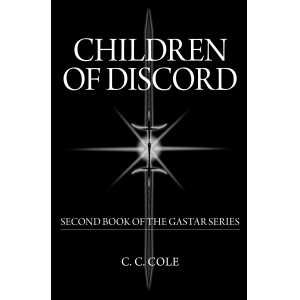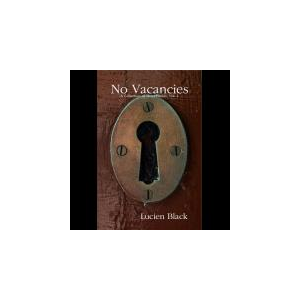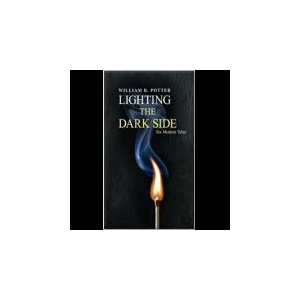Glimpses of a Floating World
1963, and panic about the spread of heroin addiction in Britain. While the Profumo and Challenor scandals are exposing the dark underbelly of post-war Britain, a teenage heroin and cocaine addict undergoes a cold turkey in a padded cell. His escape from custody triggers a chain of events which ends in murder and mayhem.
Praise and Reviews
The novel opens with two heroin addicts on their way to a fix. The griminess of the dialogue is pitch perfect in its rhythm and authenticity. Ronnie, one of the fortunate few with a prescription for heroin and cocaine is eighteen minutes away from his chemist's and would gladly die sooner to make up the time.
Our "hero", the son of an abusive, alcoholic, upwardly mobile Scotland Yard officer, survives by staying in squats and selling small amounts of his excess stock on the black market.
Harrison skillfully makes it easy for the reader to identify with Ronnie despite the character's being vain, selfish and occasionally cowardly. He is, after all, an adolescent trying to understand the world and his place in it. Ronnie, fiercely intelligent, tells himself that he is not constricted by his addiction but enhanced by it. He is a self-proclaimed rationalist and anarchist, identifying with the beats. Since age twelve, he has "collected extreme experiences in a conscious attempt to destroy childishness."
Ronnie reminds us of other young, unreliable characters on the precipice of manhood in an imperfect world. The reader is immediately aware that no matter what else happens, Ronnie will either grow and change, or he will not. We root for Ronnie's potential, hoping he will live to tell the tale.
Harrison's Soho is not a land of flower children and love beads. There's still a sense of post-war deprivation. Ruth Ellis has recently been executed. Political scandals involving naughty politicians and call girls are in the news, while on the streets police corruption is endemic and gangsters have celebrity status. Heroin addiction, however, is relatively rare. While addicts like Ronnie scam the system, which allows him to walk away drugs in hand for easy resale, the black market in illegal drugs is small.
Early in our story, Ronnie is caught shooting up in a restroom. While his heroin and cocaine are legal, he has a small amount of opium that isn't. In jail, he is interviewed by an elderly (at least to his adolescent eyes) prison doctor. When she tells him that he'll be dead soon if he keeps going, he replies, "We're all going to die... You're going to die a lot sooner than I am."
She believes she's been threatened, classifies him as a psychopath, and Ronnie is sent to a mental hospital that reminded this reader of a cross between a Dickensian workhouse and a Ken Kesey nightmare. Ronnie overhears the nurses discussing how easy psychosurgery will make their jobs and soon escapes.
Several chapters are told from different points of view. We see both the war and early post-war years through the eyes of Ronnie's parents. Freddy's drinking, jealousy and violence eventually drive Flo to leave and return to her hometown of Swindon -- a place Ronnie will always deny being from. Freddy has managed to rise to become a senior officer, but his son has been out of his life for years.
While the atmosphere and depth of characterization is strong, so is the pacing and plot development. Ronnie's initial arrest, psychiatric diagnosis, escapes and recaptures all lead to a situation where he is forced to turn informant even though he knows nothing about any large scale narcotics dealers and does not believe that any exist. The shifting points of view allow the reader to know more than the characters, and the last quarter of the novel is a compulsively addictive page-turner in which Ronnie's fate is anything but certain.
Harrison who has written nonfiction books on alcohol and drug issues, seamlessly weaves in the growing panic over narcotics. While the world was on the brink of nuclear Armageddon and scandal reigned, Britain -- influenced by the US -- was changing its policies, moving from treating addiction as a public health issue to criminalizing addicts. Ronnie is as much a victim of these changes as he is of his abusive father and his own self-destructiveness.
Glimpses of a Floating World is described on its back cover as "a lyrical and triumphant elegy to a seedy, vice-ridden London of the 1960's. " It is that, but also a tale of familial tragedy, a history lesson, a novel that offers much more than simple glimpses.
Author Interviews
Related Links
Related Books
More
Second Book of the Gastar Series: Children of Discord
General Fiction
Science Fiction & Fantasy
Young Adult
866 views

No Vacancies, A Collection of Short Stories, Volume 1
Comics & Graphic Novels
General Fiction
Mystery & Thrillers
4k views

Dancing in the Eye of Transformation, Ten Keys to Creative Consciousness
Entertainment & Style
General Fiction
Health, Mind & Body
4k views













